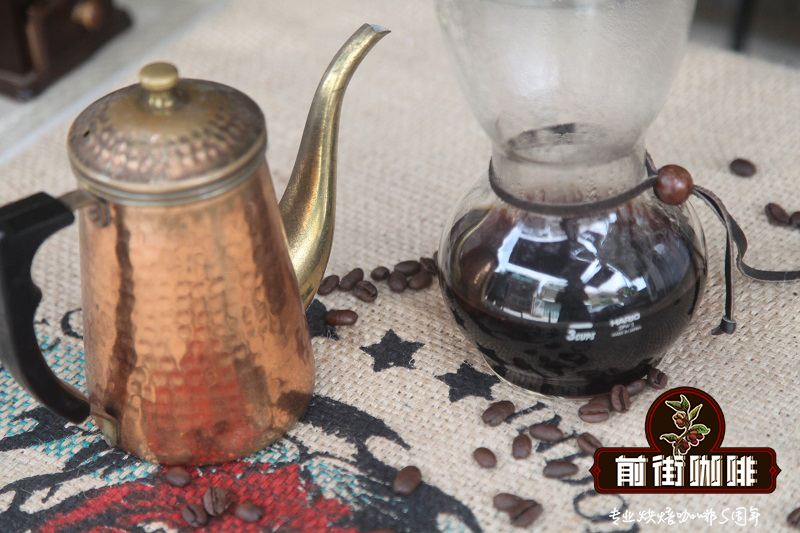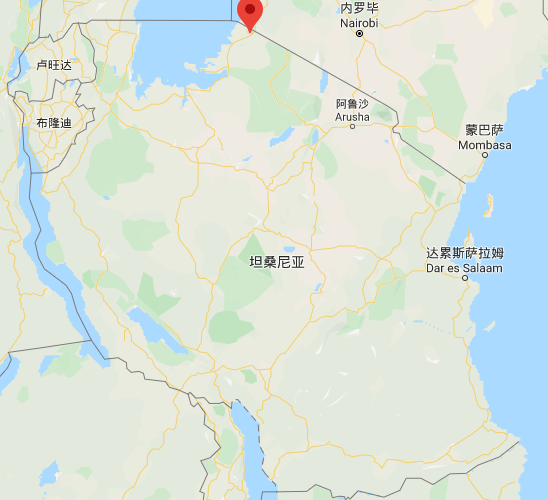Introduction of Tarim é Coffee producing area in Tanzania | how about Tarime coffee

Tarime is located in a small producing area near Kenya in the northernmost part of Tanzania. Tarim é and its surrounding areas are not as famous as the famous coffee-growing areas near Mount Kilimanjaro and Arusha, nor are they famous for the rise of coffee-growing areas in the south (Mbeya and Mbinga). In addition, the area is located between the Masai Mara National Reserve and Lake Victoria, with a disadvantage of more than 1200 km from the coffee port of Dar es Salaam. High transportation costs and the plight of tourism have brought potential problems to many of these companies.
Wamacu is the abbreviation of the Wakulima Wamara Cooperation Alliance (Wakulima is the full name of the Wamara Cooperation Alliance) and is a synthesis of the names of the two neighboring regions of Wakulima and Mara. The alliance is relatively new and was established in 2008 as a partnership between nine different coffee cooperatives and 32 cotton cooperatives. However, they have had a significant impact on the region in terms of coffee prices and producer support. Although the region is famous for its wildlife and the North Mara gold mine-one of the largest in Tanzania-the region is still very underdeveloped and the literacy rate is among the lowest in the country. Previously, coffee producers in the region had been forced to sell coffee at below-market prices, partly because of the region's isolation and partly because of the previous segmentation of the region's coffee industry. Small individual cooperatives simply do not have enough bargaining power to get enough loans to be paid fairly to farmers, nor do they have the opportunity to enter the market. Since the establishment of Wamacu, the group has been able to organize collectively and fully repay large amounts of loans to various credit institutions (benefiting pre-harvest financing and other producers), who put their coffee on special markets to get a higher premium, and then they ensure higher prices for local producers. The cooperative already has 830 members and is increasing every year.

There are signs that the group will continue to grow and succeed. For example, the Muriba plant, one of eight factories run by the cooperative, processed nearly 2 million kilograms of cherries from zero production in 2013 to the 16th quarter of 2015. Output from other steel mills is also increasing. Coffee from the region won regional competitions, including the top three flavors harvested in Tanzania in 2017.
On average, the area of Wamacu cooperative farms ranges from 0.5 to 3 hectares. In addition to coffee, most farmers grow cotton, tobacco, tea and corn. Agriculture is very self-sufficient, and coffee is usually interspersed with other food and feed crops. It is still very difficult to obtain new varieties in the region; as a result, most farmers still rely on traditional coffee varieties. This is good for the quality of the cup, but many farmers have experienced a decline in productivity because plants are susceptible to diseases.
When coffee is ripe, farmers and their families will pick it selectively. The cherries are sent to the laundry on the same day, where they are inspected and sorted. If the quality is not good enough, the coffee will be sent back for reclassification.
Although Tanzania is not famous for its natural coffee, it is processed in the sun because of its local tradition. Some fully washed coffee comes from this area, but due to traditional and cultural reasons, most of the coffee is sun-processed. In fact, Tarim is the only standard processing area in Tanzania.
Important Notice :
前街咖啡 FrontStreet Coffee has moved to new addredd:
FrontStreet Coffee Address: 315,Donghua East Road,GuangZhou
Tel:020 38364473
- Prev

What are the characteristics of Mbeya coffee in Mbeya, Tanzania?
In southern Tanzania, between Lake Tannika in the north and Lake Malawi in the south, we found that Mbeya is the largest Arabica coffee producer in the five coffee-growing areas of Tanzania. Mbeya is divided into four sub-regions-Mbeya, Mbozi, Rungwe and Ileje. Coffee production itself is divided into three categories: small farmers
- Next

What are the characteristics of Rwandan coffee? introduction to the producing areas and taste and flavor of Rwandan coffee beans
In some ways compared with Kenyan coffee, Rwandan coffee tends to be quite subtle with delightfully sweet, caramel aromas and hints of citrus (lemons, oranges). Overall, Rwandan coffee is rated higher than neighboring Zimbabwean and Zambian coffee, although it has not yet received Kenya and Tanzania
Related
- Detailed explanation of Jadeite planting Land in Panamanian Jadeite Manor introduction to the grading system of Jadeite competitive bidding, Red bid, Green bid and Rose Summer
- Story of Coffee planting in Brenka region of Costa Rica Stonehenge Manor anaerobic heavy honey treatment of flavor mouth
- What's on the barrel of Blue Mountain Coffee beans?
- Can American coffee also pull flowers? How to use hot American style to pull out a good-looking pattern?
- Can you make a cold extract with coffee beans? What is the right proportion for cold-extracted coffee formula?
- Indonesian PWN Gold Mandrine Coffee Origin Features Flavor How to Chong? Mandolin coffee is American.
- A brief introduction to the flavor characteristics of Brazilian yellow bourbon coffee beans
- What is the effect of different water quality on the flavor of cold-extracted coffee? What kind of water is best for brewing coffee?
- Why do you think of Rose Summer whenever you mention Panamanian coffee?
- Introduction to the characteristics of authentic blue mountain coffee bean producing areas? What is the CIB Coffee Authority in Jamaica?

